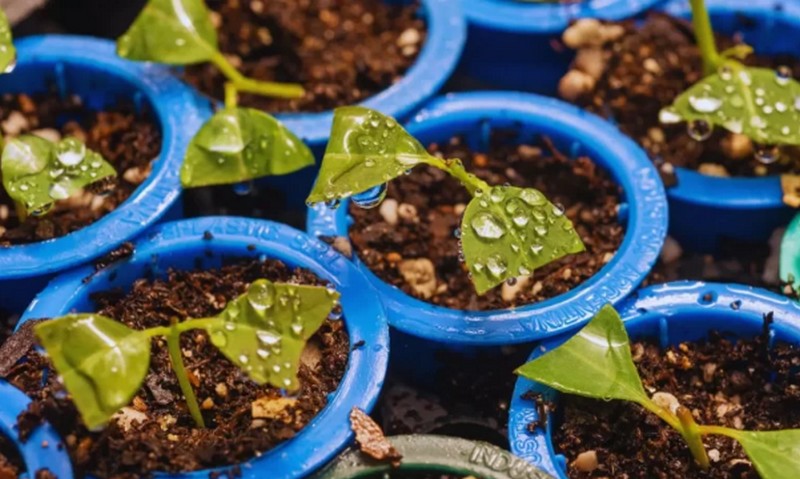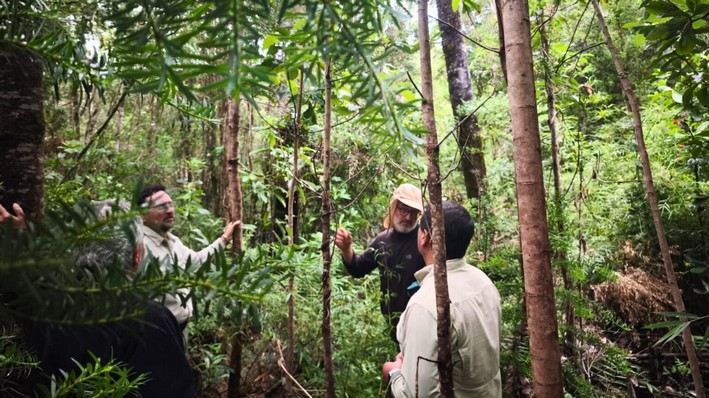The genetic improvement of animals and plants is a process as silent as it is extensive. Especially in the case of trees, which can take decades to express their characteristics and slow down selection—a key step in obtaining superior species. A recent study by researchers from INTA, Conicet, Embrapa (Brazil), and UPM-Forestal Oriental (Uruguay) proposes a mechanism to speed it up and make it less costly.
In reality, they discovered that applying genomic selection, already used in other fields, to forest improvement is effective. This means that instead of spending years on field observation to evaluate growth and wood quality, DNA information can be used to make predictions and accelerate the selection process.
The study titled “Genomic selection in forest trees comes to life: unraveling its potential in an advanced four-generation,” published in the journal Frontiers in Plant Science, evaluates four generations of Eucalyptus grandis to determine how likely it is to predict volume growth, wood density, and pulp yield using only genomic and phenotypic data from previous tree generations.
“This study highlights the enormous potential of genomic selection to make tree breeding more efficient, reducing costs, evaluation times, and allowing for the selection of superior individuals with greater precision,” said researcher Eduardo Cappa, who is affiliated with INTA and Conicet.
Over 34,000 trees with three-year growth data were evaluated, and the only aspect they found difficult to estimate was volume growth. The accuracy regarding density and yield—without needing to observe the tree’s growth in the field—demonstrates that large-scale forest improvement can be achieved using genomic models trained with information from close relatives.
INTA emphasized the importance of these advances for the forestry sector, as they could reduce or eliminate long and costly field trials used to evaluate offspring. “It will optimize the production of wood and other derived products, contributing to the sustainable development of planted forests,” Cappa noted.
Source:bichosdelcampo.com







Comments (0)
No comments yet. Be the first to comment!
Leave a comment